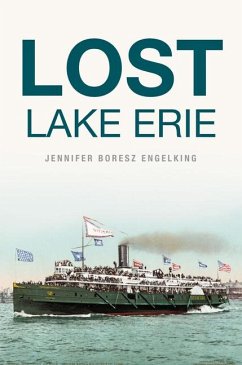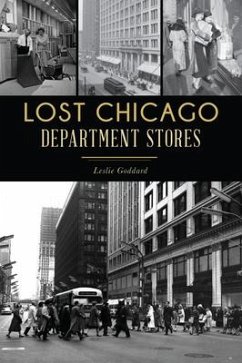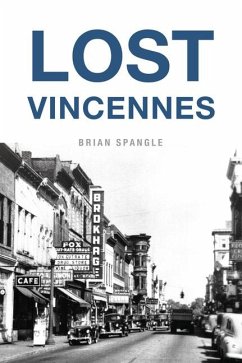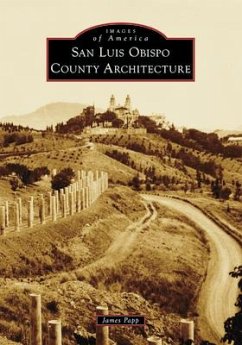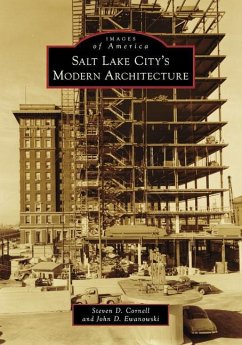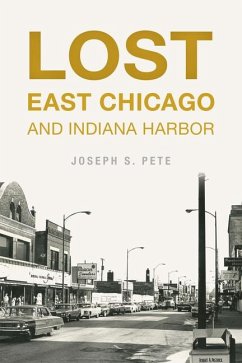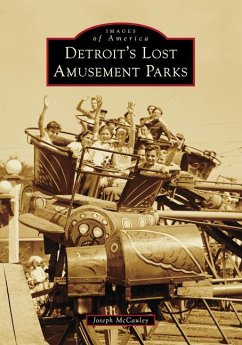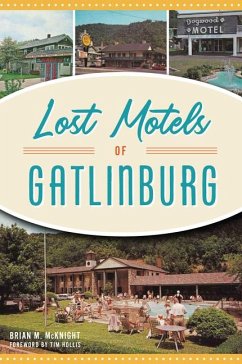
Lost Evansville
Versandkostenfrei!
Versandfertig in über 4 Wochen
19,99 €
inkl. MwSt.

PAYBACK Punkte
10 °P sammeln!
From the Wabash and Erie Canal to the Faultless Caster Factory, Evansville has seen much of its history disappear. / In the early twentieth century, vestiges of old Evansville like the B'nai Israel temple and Coal Mine Hill gave way to a modern city. Numerous changes in the thirty years following World War II altered the physical appearance of the city, including the removal of the old Central High School, Assumption Cathedral, Gear Town, and more. Less physical but nevertheless vital history like the struggle over Civil Rights in Evansville has been overlooked and, until now, lost. Weaving to...
From the Wabash and Erie Canal to the Faultless Caster Factory, Evansville has seen much of its history disappear. / In the early twentieth century, vestiges of old Evansville like the B'nai Israel temple and Coal Mine Hill gave way to a modern city. Numerous changes in the thirty years following World War II altered the physical appearance of the city, including the removal of the old Central High School, Assumption Cathedral, Gear Town, and more. Less physical but nevertheless vital history like the struggle over Civil Rights in Evansville has been overlooked and, until now, lost. Weaving together a captivating fast-paced account illustrated with over eighty images, award-winning Evansville historian Dr James MacLeod tells the fascinating story of what was lost, what came in its place, and what was preserved against the odds.




